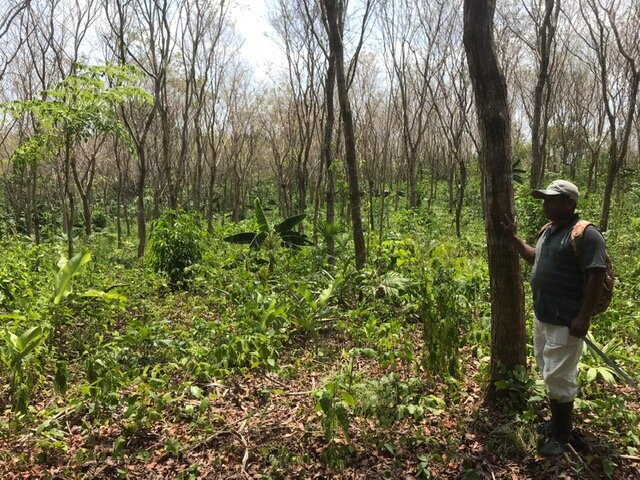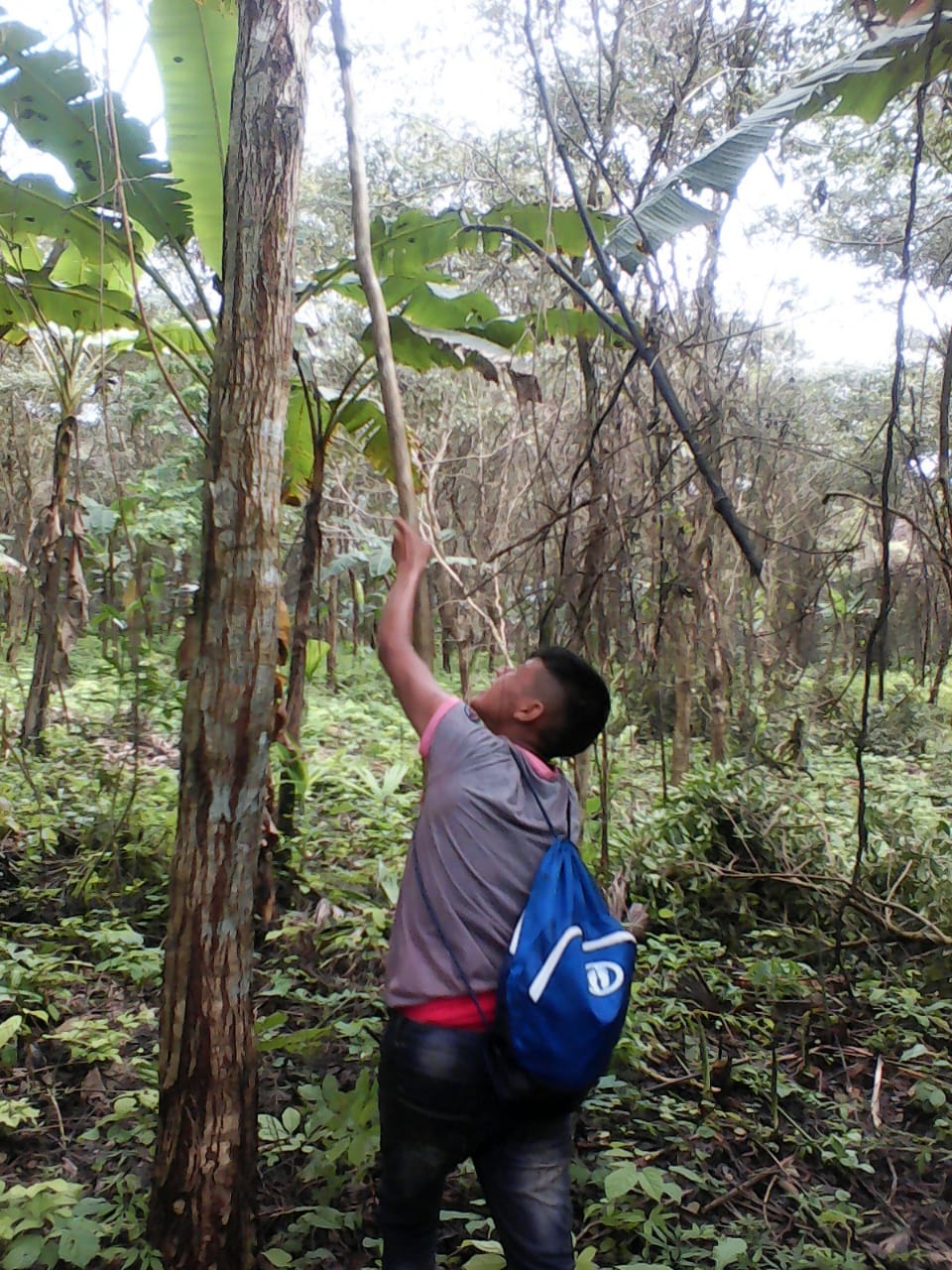Bringing It Together: An Integrated Forestry Company
/
The consolidation should deliver the following benefits:
- Reduce administrative expenses (only one set of taxes, lawyers’ fees, etc.)
- Increase our ability to obtain debt financing to finance expansion
- Increase liquidity options in the medium to long term for our shareholders
- Increase awareness and understanding of our Equitable Forestry model
We often refer potential investors to the Investing Alternatively website for a description of the different types of forestry investments. Per their description, we are no longer a “Tree Certificate” type of forestry company--where the investors only own the trees on a certain piece(s) of land--but now a “Tropical Timber Company”: investors are shareholders of a fully integrated timber business, and able to benefit not only from the timber produced in the plots, but also any other activity that adds value such as milling, drying, and production of other crops. As we grow, we will continue to increase equity of the business, but also plan to pursue subsidized debt in order to avoid diluting our shareholders’ stakes.
In the end, while the consolidation of the business is important from a financial perspective, it is no less important than the social and environmental returns that it should facilitate for all of our community of shareholders and partners.






